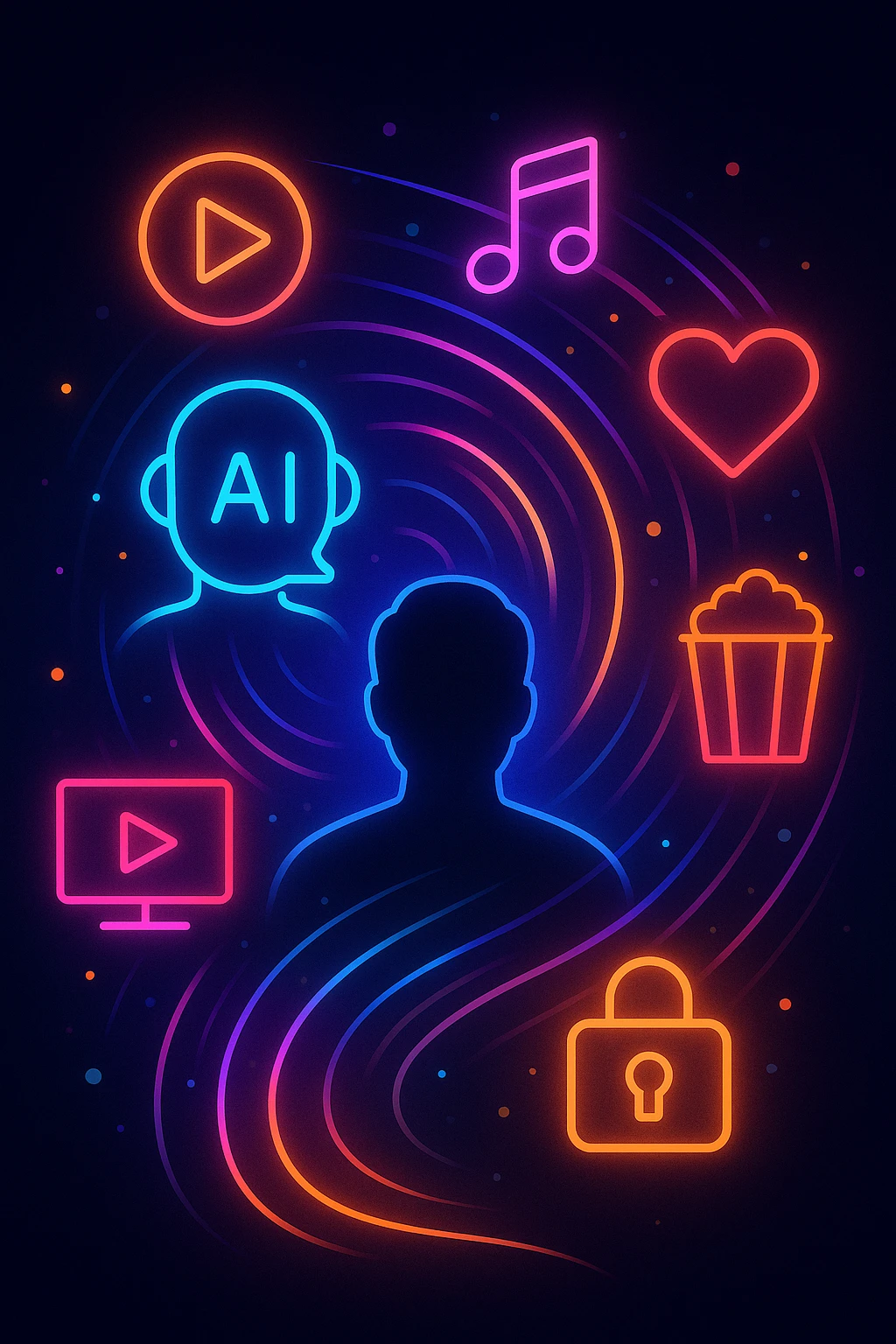As artificial intelligence becomes embedded in how we create, distribute and consume entertainment, ethical questions move to the forefront. AI systems learn from historical data and, in doing so, can inherit and amplify the biases present in society. Recommendation algorithms may unintentionally promote content produced by dominant cultures while burying works by underrepresented voices. Generative models trained on existing art may reproduce stereotypes without context. These issues are particularly sensitive in entertainment, where stories and music shape cultural narratives and identity. Ensuring diversity and fairness in AI‑driven entertainment requires careful curation of training data, awareness of structural inequalities and ongoing audits of algorithmic outcomes.
Privacy is another major concern. To personalize experiences and train models, platforms collect extensive data about users’ preferences, behaviors and sometimes even biometric signals. While this data can enhance convenience and relevance, it also creates the potential for surveillance and exploitation. There is also the specter of deepfakes: AI tools can fabricate realistic audio or video of real people saying or doing things they never did. This technology can be used creatively, such as resurrecting deceased actors with permission, but it also poses a threat to consent and truth. Without regulations and ethical guidelines, deepfakes could erode trust in media and be weaponized for misinformation.
AI’s growing role in entertainment also affects the people who work in the industry. Automation can streamline post‑production, editing and even scriptwriting, reducing the need for certain roles while creating new ones for AI operators and ethics officers. Artists may fear that AI will commoditize creativity, yet the reality is more complex. When used responsibly, AI augments human creativity, offering new tools rather than replacements. The challenge is to ensure that credit and compensation are fairly distributed and that AI does not devalue human labor. Unions, guilds and policy makers are already grappling with these questions, pushing for fair contracts and transparency when AI is used in production.
Addressing these ethical and societal challenges requires collaboration among technologists, artists, regulators and audiences. Transparent data practices and consent mechanisms can give users control over their information. Diversity initiatives and algorithmic audits can mitigate bias. Clear labeling of AI‑generated or manipulated content can help audiences navigate authenticity. Industry standards and legal frameworks must evolve to define ownership, authorship and rights in a world where human and machine contributions intertwine. eglence.ai advocates for a future in which innovation and responsibility go hand in hand, ensuring that AI enriches our cultural landscape without compromising privacy, fairness or creativity.


